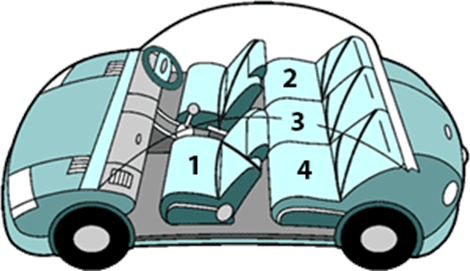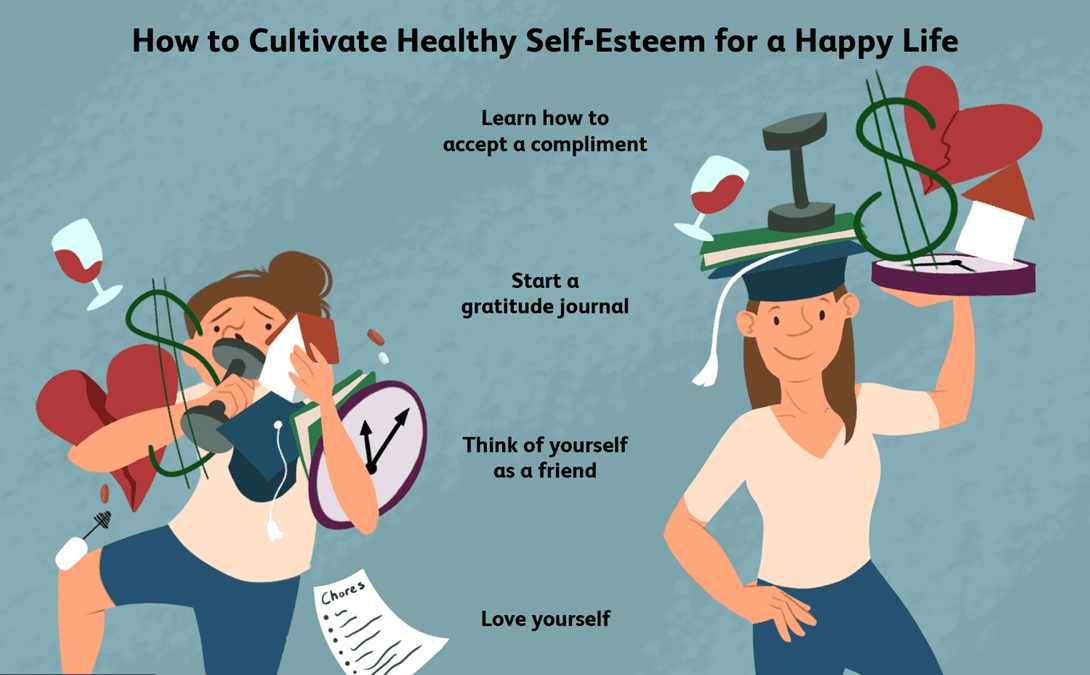The nurse will provide the parents of a toddler with information regarding what?
How to start a college savings account.
How to introduce solid foods to the child.
The safest place for a car seat is the back, in the middle.
How to increase discipline during a tantrum.
The Correct Answer is C
Choice A reason: This is not a relevant topic for the nurse to provide information on. How to start a college savings account is a financial matter that is not directly related to the health and development of the toddler. The nurse should focus on the physical, mental, and emotional needs of the toddler and the parents.
Choice B reason: This is not a timely topic for the nurse to provide information on. How to introduce solid foods to the child is a nutritional matter that is usually addressed when the child is around 6 months old. The nurse should have already provided this information to the parents when the child was an infant.
Choice C reason: This is the best answer. The safest place for a car seat is the back, in the middle. This is a safety matter that is important for the parents to know and follow. The nurse should provide information on the proper use and installation of the car seat, such as securing it in the rear-facing position, using the harness straps and clips correctly, and checking the expiration date and recall status of the car seat.
Choice D reason: This is not an appropriate topic for the nurse to provide information on. How to increase discipline during a tantrum is a behavioral matter that is not conducive to the well-being of the toddler or the parents. The nurse should provide information on how to prevent or manage tantrums, such as setting clear and consistent limits, offering choices and alternatives, using positive reinforcement and praise, and staying calm and patient.

Nursing Test Bank
Naxlex Comprehensive Predictor Exams
Related Questions
Correct Answer is C
Explanation
Choice A reason: This is not the most significant factor. The client's popularity may change over time or depend on external factors. The client may also face peer pressure or bullying from their friends.
Choice B reason: This is not the most significant factor. The client's academic performance may vary depending on the difficulty of the subjects, the quality of the teachers, or the availability of resources. The client may also experience stress or anxiety from the expectations of their parents or teachers.
Choice C reason: This is the best answer. The client's self-esteem is the most important factor that will help them cope with negative stressors. Self-esteem is the degree to which the client values and respects themselves. A positive self-esteem will enable the client to have confidence, resilience, and optimism in facing challenges and opportunities.
Choice D reason: This is not the most significant factor. The client's family support may be beneficial, but it may not be enough to protect them from negative stressors. The client may also have conflicts or disagreements with their siblings.

Correct Answer is C
Explanation
Choice A reason: This is not a relevant topic for the nurse to provide information on. How to start a college savings account is a financial matter that is not directly related to the health and development of the toddler. The nurse should focus on the physical, mental, and emotional needs of the toddler and the parents.
Choice B reason: This is not a timely topic for the nurse to provide information on. How to introduce solid foods to the child is a nutritional matter that is usually addressed when the child is around 6 months old. The nurse should have already provided this information to the parents when the child was an infant.
Choice C reason: This is the best answer. The safest place for a car seat is the back, in the middle. This is a safety matter that is important for the parents to know and follow. The nurse should provide information on the proper use and installation of the car seat, such as securing it in the rear-facing position, using the harness straps and clips correctly, and checking the expiration date and recall status of the car seat.
Choice D reason: This is not an appropriate topic for the nurse to provide information on. How to increase discipline during a tantrum is a behavioral matter that is not conducive to the well-being of the toddler or the parents. The nurse should provide information on how to prevent or manage tantrums, such as setting clear and consistent limits, offering choices and alternatives, using positive reinforcement and praise, and staying calm and patient.

Whether you are a student looking to ace your exams or a practicing nurse seeking to enhance your expertise , our nursing education contents will empower you with the confidence and competence to make a difference in the lives of patients and become a respected leader in the healthcare field.
Visit Naxlex, invest in your future and unlock endless possibilities with our unparalleled nursing education contents today
Report Wrong Answer on the Current Question
Do you disagree with the answer? If yes, what is your expected answer? Explain.
Kindly be descriptive with the issue you are facing.
